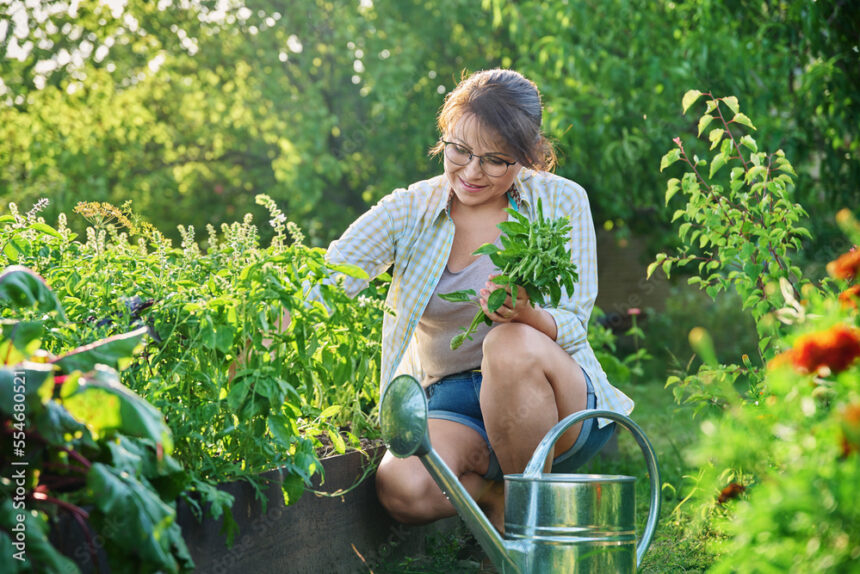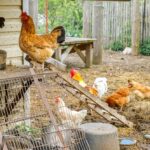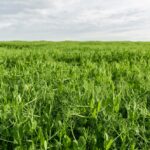When growing herbs in South Africa, there are several infections and diseases that you should be aware of and watch out for. Here are some common ones:
- Powdery Mildew: This fungal disease appears as a white, powdery coating on the leaves, stems, and flowers of plants. It thrives in warm, humid conditions and can affect a wide range of herbs, including basil, mint, and rosemary.
- Downy Mildew: Another fungal disease, downy mildew causes yellowing and wilting of leaves, along with the appearance of a grayish-purple fuzz on the undersides of leaves. It commonly affects herbs like basil, oregano, and thyme.
- Fusarium Wilt: This soilborne fungal disease causes wilting, stunting, and yellowing of leaves. It affects the vascular system of plants, leading to their eventual death. Herbs such as parsley and cilantro can be susceptible to Fusarium wilt.
- Root Rot: Root rot is caused by various fungal pathogens, and it affects the roots of plants, leading to their decay. Overwatering, poor drainage, and excessively damp soil can contribute to this disease. It can affect herbs like sage, thyme, and lavender.
- Bacterial Leaf Spot: This bacterial disease causes small, water-soaked spots on the leaves, which later turn brown or black. It can spread rapidly, particularly in warm, wet conditions. Basil and parsley are commonly affected by bacterial leaf spot.
- Aphids: These small insects can infest herb plants, sucking the sap from the leaves and causing them to curl and distort. Aphids multiply quickly, so it’s important to address an infestation promptly. They can affect a wide range of herbs.
- Whiteflies: Whiteflies are tiny insects that congregate on the undersides of leaves, causing yellowing, wilting, and stunted growth. They also secrete a sticky substance called honeydew, which attracts ants and promotes the growth of sooty mold. They can affect herbs like basil, mint, and coriander.
To minimize the risk of infections and diseases, it’s essential to provide your herbs with proper care and maintenance. This includes ensuring good air circulation, avoiding overwatering, providing adequate sunlight, and practicing good sanitation by removing any infected plant material. Additionally, using organic pest control methods, such as neem oil or insecticidal soap, can help manage insect infestations. If you notice any signs of disease or pests, it’s best to promptly take action to prevent further spread and damage to your herb garden.
Join 'Farmers Mag' WhatsApp Channel
Get the latest Farming news and tips delivered straight to your WhatsApp
CLICK HERE TO JOIN






